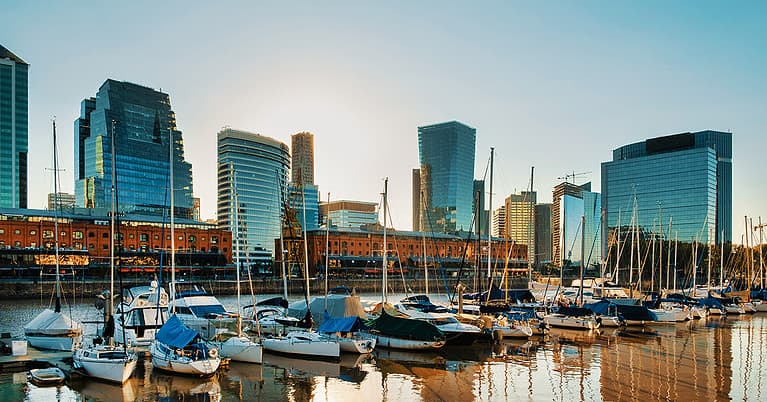
Banking
Latin America’s Riches Rise Despite Pandemic
Private banking continues to thrive in the devastated Latin American economy.
Global news and insight for corporate financial professionals
Join the global community of corporate and public-sector finance industry leaders reading Global Finance monthly in print.
Click Here
Banking
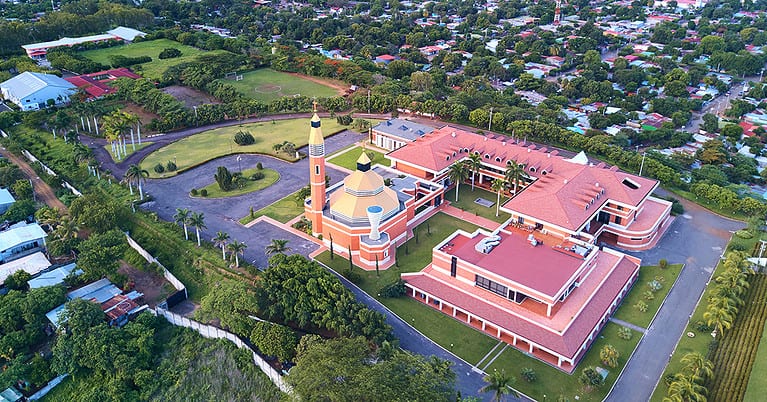
Banking
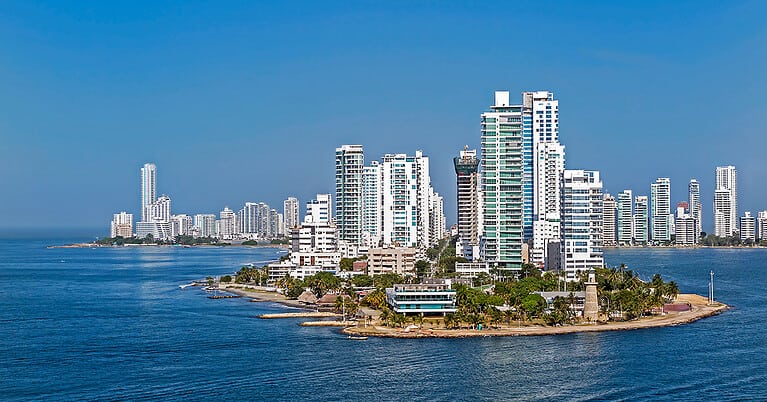
Banking
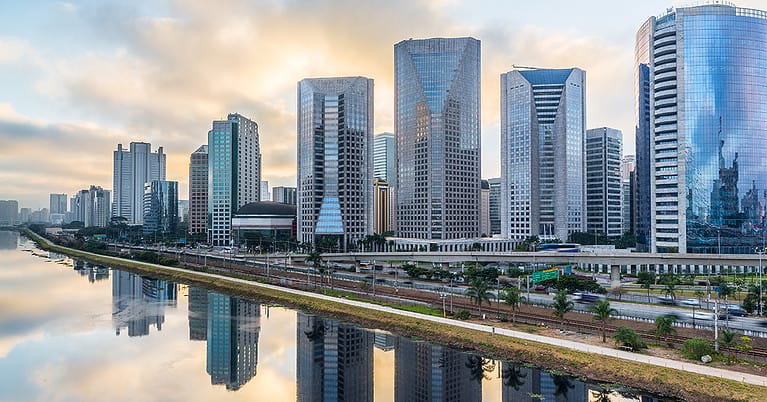
Banking

News
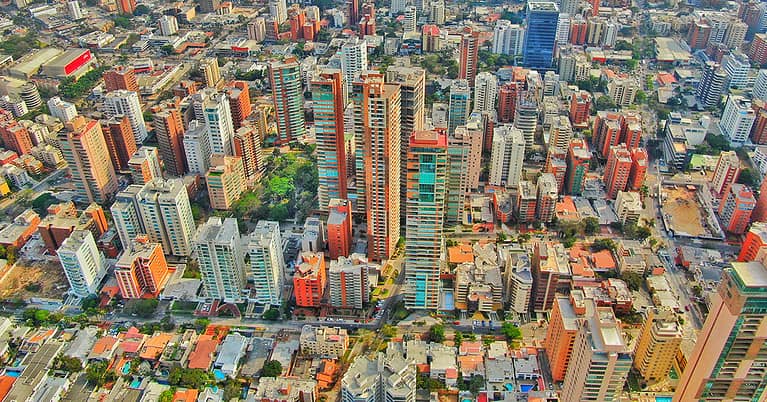
Data

Data
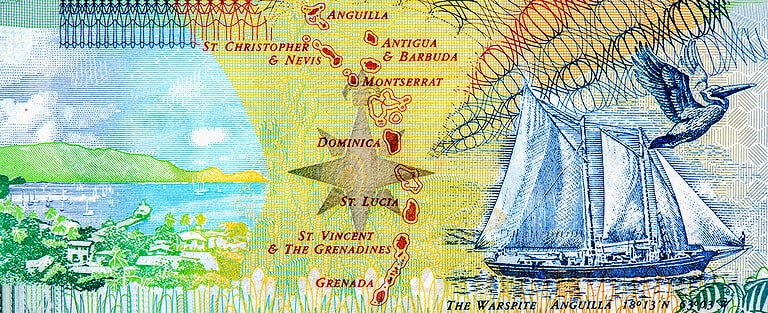
Award Winners
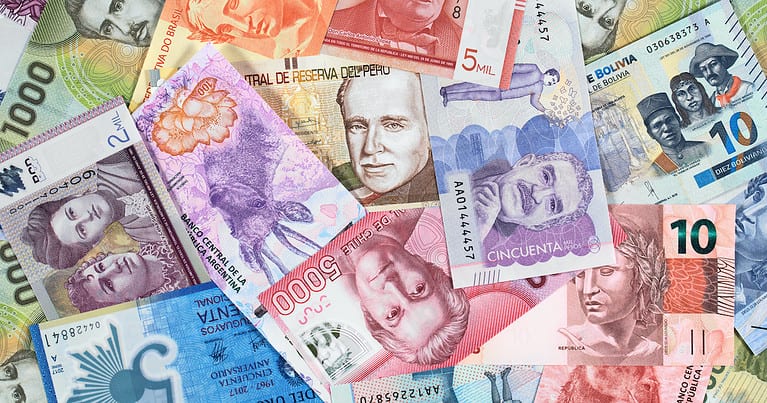
Award Winners
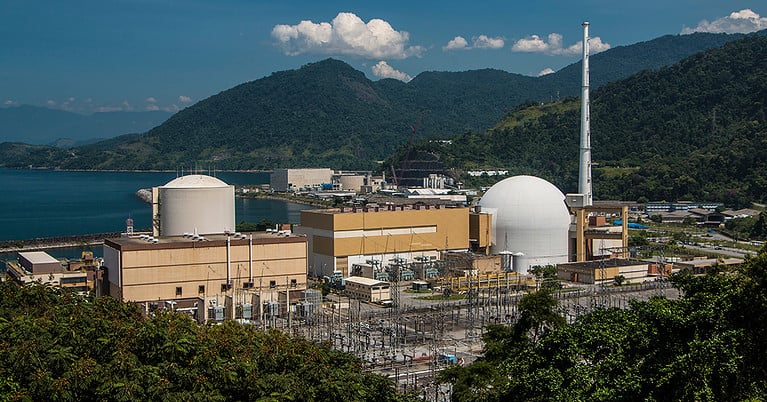
Features
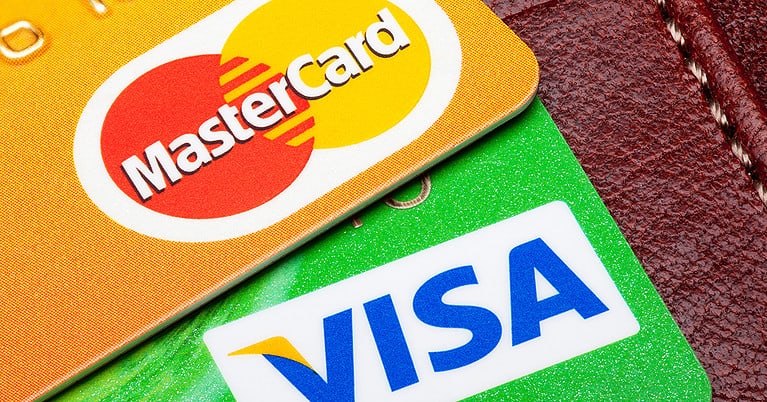
Features
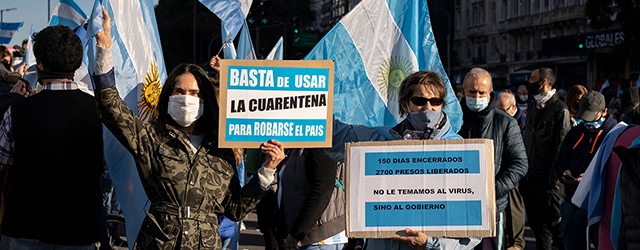
Data